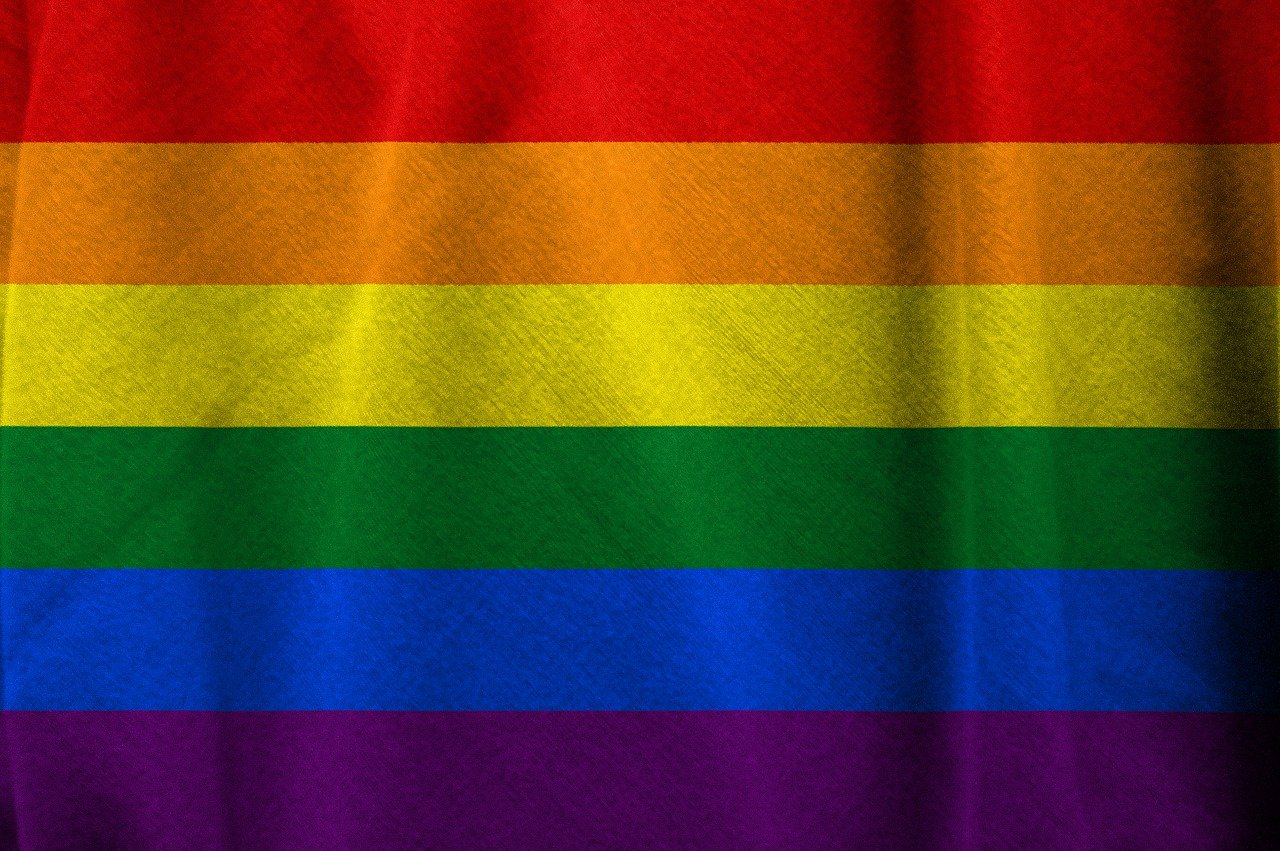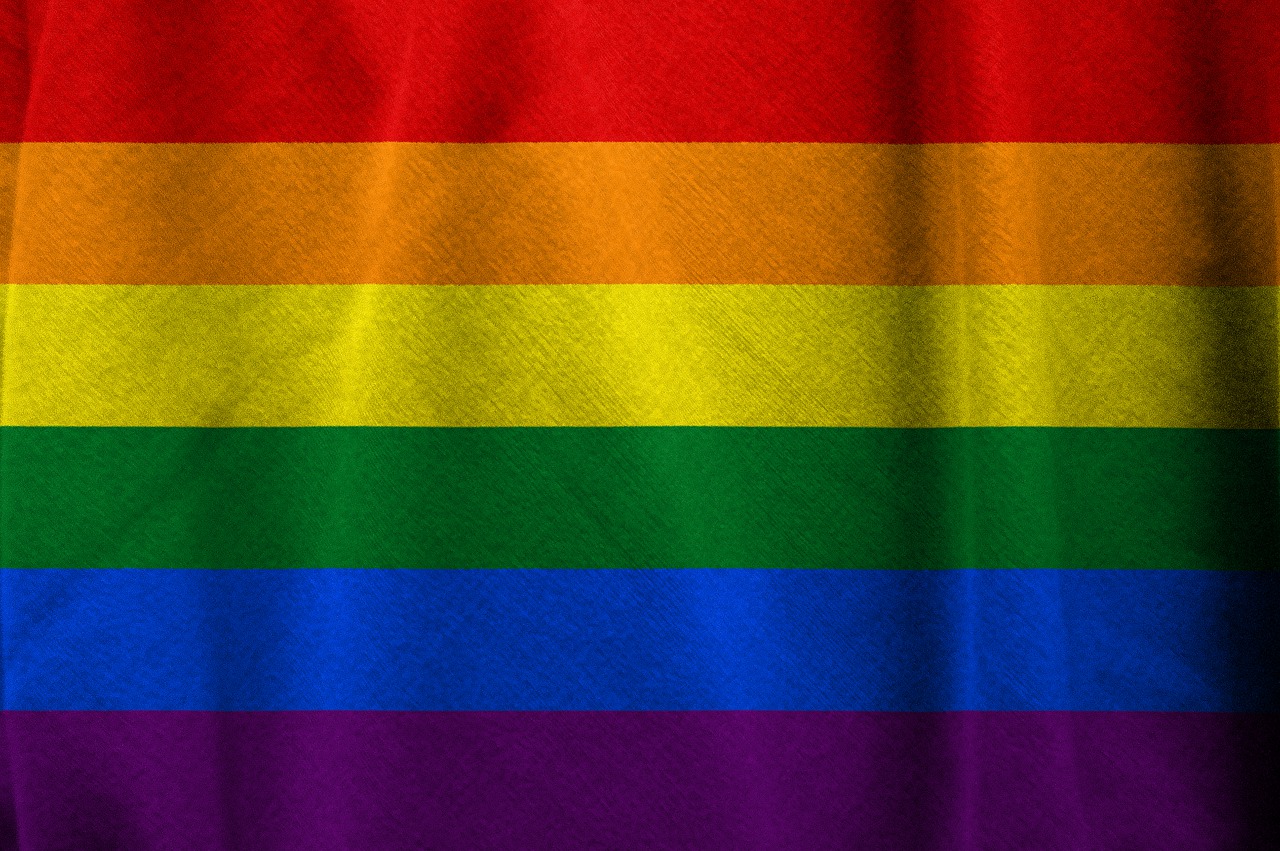
So, you’ve recently started dating someone, and you’re ready to share an important part of who you are with them – your sexuality. Coming out to someone you’re dating can feel nerve-wracking, but don’t worry, you’re not alone. In this article, we’ll explore some helpful tips and insights on how to approach the conversation with grace and confidence. Additionally, we’ll address the question many have asked – are there any red flags to watch for when dating someone who may not be supportive of your sexual orientation? So, let’s dive into the world of dating as an LGBTQ+ individual and navigate the path to an open, honest, and fulfilling relationship.
How Do I Come Out To Someone I’m Dating?
Coming out to someone you’re dating can be a challenging but necessary step in the journey of self-expression and authenticity. It’s important to navigate this conversation thoughtfully and with empathy. In this article, we will explore various aspects of coming out to someone you’re dating, including understanding your own feelings, assessing the relationship’s potential, choosing the right time and place, considering the person’s values and beliefs, preparing for different reactions, being open and honest, offering resources and support, respecting their decision and boundaries, maintaining open communication, and seeking external guidance if needed.
Understanding your own feelings
Before coming out to someone you’re dating, it’s crucial to have a clear understanding of your own feelings and identity. Take the time to reflect on your sexual orientation or gender identity, and ensure that you feel comfortable and secure in your own self-acceptance. Understanding and being confident in who you are will provide a solid foundation for navigating the coming out process.
Assessing the relationship’s potential
Consider the nature of the relationship you have with the person you’re dating. If it is early on and the connection is still developing, it may be helpful to evaluate the potential for a deeper, more meaningful partnership. Ask yourself if this person is someone you trust and feel comfortable being vulnerable with. Additionally, consider their attitudes towards diversity and inclusivity, as these factors can greatly influence how they might respond to your coming out.
Choosing the right time and place to talk
Timing and environment play pivotal roles when coming out to someone you’re dating. It’s essential to choose a time when both you and your partner are relaxed, without any distractions or time constraints. Find a private and comfortable setting where you can have an open and uninterrupted conversation. By setting the stage for open dialogue, you foster an atmosphere of understanding and support.
Considering the person’s values and beliefs
When coming out to someone you’re dating, it’s vital to consider their values and beliefs, particularly when it comes to issues of sexual orientation or gender identity. While it is not your responsibility to change someone’s perspective, it is beneficial to gauge their level of acceptance and understanding beforehand. This information can help you navigate the conversation more effectively and anticipate potential reactions.
Preparing for different reactions
Coming out experiences differ greatly depending on the individual you’re sharing your truth with. People may react with warmth, acceptance, confusion, indifference, or even negativity. While it’s natural to hope for a positive response, it’s essential to prepare for a range of reactions. By considering different outcomes, you can be mentally and emotionally prepared to handle the variety of responses that may come your way.
Being open and honest about your feelings
When you choose to come out to someone you’re dating, it’s important to be open and honest about your feelings. Authenticity is key in fostering trust and building a stronger connection. Clearly express your emotions, experiences, and the journey you have been on to understand your identity. While vulnerability can be intimidating, it often paves the way for deeper intimacy and understanding within a relationship.
Offering resources and support
Remember that coming out can be a significant learning curve for both you and your partner. If they have questions or express a desire to learn more, be prepared to offer resources and support. This could include books, articles, or online communities that can provide them with a better understanding of your experiences and the LGBTQ+ community in general. Encouraging their growth in knowledge and empathy can strengthen your bond.
Respecting their decision and boundaries
It’s important to respect the decision and boundaries of your partner, regardless of their reaction to your coming out. Some individuals may need time and space to process their own emotions or adjust their understanding. Others may be unsure about what it means for the future of the relationship. Give them the space they need and avoid pressuring them into immediate acceptance or validation. Respecting their feelings fosters a healthier dialogue and allows for growth over time.
Maintaining open communication
After coming out, it’s crucial to maintain open and ongoing communication with your partner. Keep the lines of dialogue open, allowing them to express any concerns, ask questions, or share their own journey of understanding. By continuing to communicate openly, you can address any lingering doubts or misconceptions and work together to build a stronger foundation of support and acceptance.
Seeking external guidance if needed
If you find that navigating the process of coming out to someone you’re dating becomes overly challenging or emotionally draining, it may be beneficial to seek external guidance. Consider reaching out to an LGBTQ+-friendly therapist or counselor who can provide professional support and guidance throughout this journey. They can offer unbiased perspectives and help you navigate any additional complexities that may arise.

Are there gay-specific red flags to look out for when dating?
While red flags in dating can vary from person to person, there are certain areas to be mindful of when it comes to gay-specific dating. Keep in mind that this article does not suggest that these red flags will apply to every individual or relationship, but rather highlights some potential areas to consider:
Lack of LGBTQ+ support or understanding
If your potential partner exhibits a lack of support or understanding towards the LGBTQ+ community, it could be a red flag. Pay attention to how they discuss LGBTQ+ issues and whether they demonstrate empathy and inclusivity. If they consistently display negative or dismissive attitudes towards LGBTQ+ individuals, it may be a sign of potential difficulties in accepting your identity.
Closeted or secretive behavior
If the person you’re dating seems overly secretive about their personal life, it could be cause for concern. While everyone has a right to privacy, constant evasiveness about their social circles or reluctance to introduce you to their friends and family may indicate they are not comfortable being open about their relationships, including a same-sex relationship.
Inconsistent behavior and mixed signals
Mixed signals and inconsistent behavior can create confusion and emotional strain in any relationship. Pay attention to how your potential partner interacts with you in private versus in public or around certain individuals. If their behavior fluctuates dramatically, it may suggest that they are not ready to fully embrace a relationship with someone of the same gender.
Unwillingness to address LGBTQ+ issues
If your partner consistently avoids or dismisses discussions surrounding LGBTQ+ topics, it may be a red flag. Someone who genuinely supports and respects your identity will be willing to engage in conversations and educate themselves on LGBTQ+ issues. If they are unwilling to acknowledge or address these topics, it may indicate a lack of acceptance or willingness to learn and grow.
Lack of interest in LGBTQ+ events or spaces
Consider whether your potential partner shows an interest in attending LGBTQ+ events or being part of LGBTQ+ spaces. While this does not necessarily indicate a lack of acceptance, having a partner who is engaged and willing to participate in LGBTQ+ activities can foster a deeper sense of belonging and shared experiences within the community.
Remember, red flags are meant to serve as warning signs, but they do not necessarily indicate that a relationship is doomed. Trust your instincts and make sure to communicate openly with your partner to address any concerns that arise.




